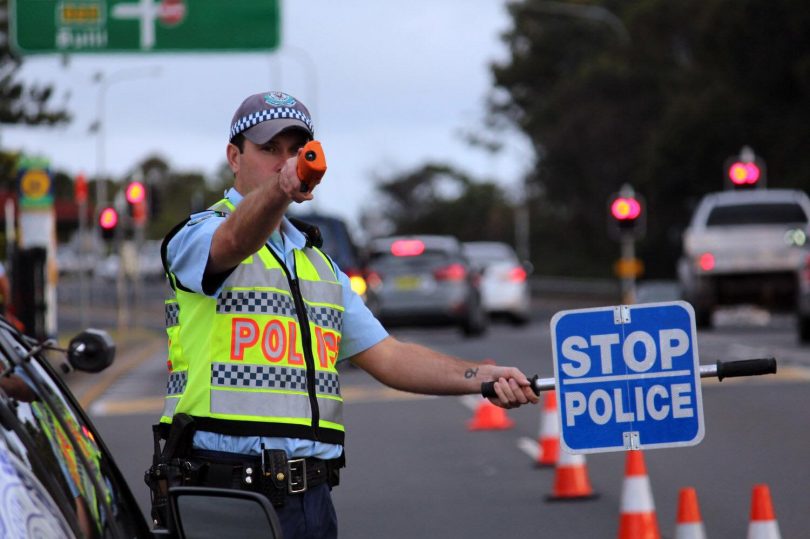Random Breath Tests are used by NSW Police to prevent drink driving on our roads and detect people who are breaking the legally prescribed blood alcohol limit. Every police car in NSW has the capability to conduct a roadside breath test. While some RBT operations were temporarily stopped as a result of the COVID-19 pandemic, NSW random breath tests have now fully returned. Here’s what you need to know to stay safe on the roads:
Blood Alcohol Limits

There are three separate blood alcohol concentration (BAC) limits in NSW:
If you are a Learner driver, on your P1 or P2 licence, or have the interstate/international equivalent of a provisional licence, you must have ZERO ALCOHOL in your system.
If you are a driver of a vehicle with a ‘gross vehicle mass’ greater than 13.9 tonnes, or of a vehicle carrying dangerous goods, or of a public vehicle (Taxi, Bus, Uber), your BAC must be under 0.02
For most drivers – no longer on a provisional licence or driving a dangerous vehicle – you must drive with a BAC of less than 0.05
While there are supposedly many ways of trying to ‘calculate’ your BAC and figure out when it is ‘safe’ to drive, the only way to fully ensure the safety of you and the public, as well as maintaining your driver’s licence, is to always have a Plan B to get home which does not involve drink driving.
Performing a Breath Test
Police in NSW have broad powers to conduct breath tests on drivers. These can be performed at a stationary ‘roadside’ testing operation, by any Police car after a road incident, or by any Police car if the officers believe that a driver is under the influence of drugs or alcohol. Police can breath test instructors who are supervising a learner driver, and they can even breath test someone sitting in the driver’s seat with the car turned on – even if the car is not moving. While breath tests can’t be conducted at a driver’s home, the definitions of ‘private property’ can be confusing when faced with a Police officer well-versed in the law, and ultimately the best defence is to not drink drive at all.
While a breath test can be refused, it is generally recommended to undertake the test even if you think you might be over the BAC limit – refusing to take a test could make you liable for the penalty given out for the most serious drink driving offences. In addition, refusing a breathalyser test may result in you being forcefully required to attend a Police station to conduct an even more comprehensive blood test.
What to do if you’ve been caught driving over the legal limit
If you’ve been caught by a Police officer driving with a BAC over the prescribed limit, be sure to stay calm and consider your options. Even if you believe the test has been unfairly administered, remember to treat the Police involved civilly as this may affect your ultimate punishment.
Here at Brady and Associates we offer a range of fixed-fee arrangements to help our clients with any penalties that may arise, and we have years of experience in arranging the best possible outcome. We are well-versed in arguing for a variety of defences to drink driving, such as where the event took place after a religious ceremony, or if you were driving on private property. Whatever the details of your case are, we can represent you in court and help you get a smaller fine or a shorter licence suspension, and in some circumstances we can even arrange for you to receive a Section 10 – where no conviction is recorded, your licence is not disqualified, and you are not issued any financial penalty.
Sources
Schedule 3 Road Transport Act 2013








